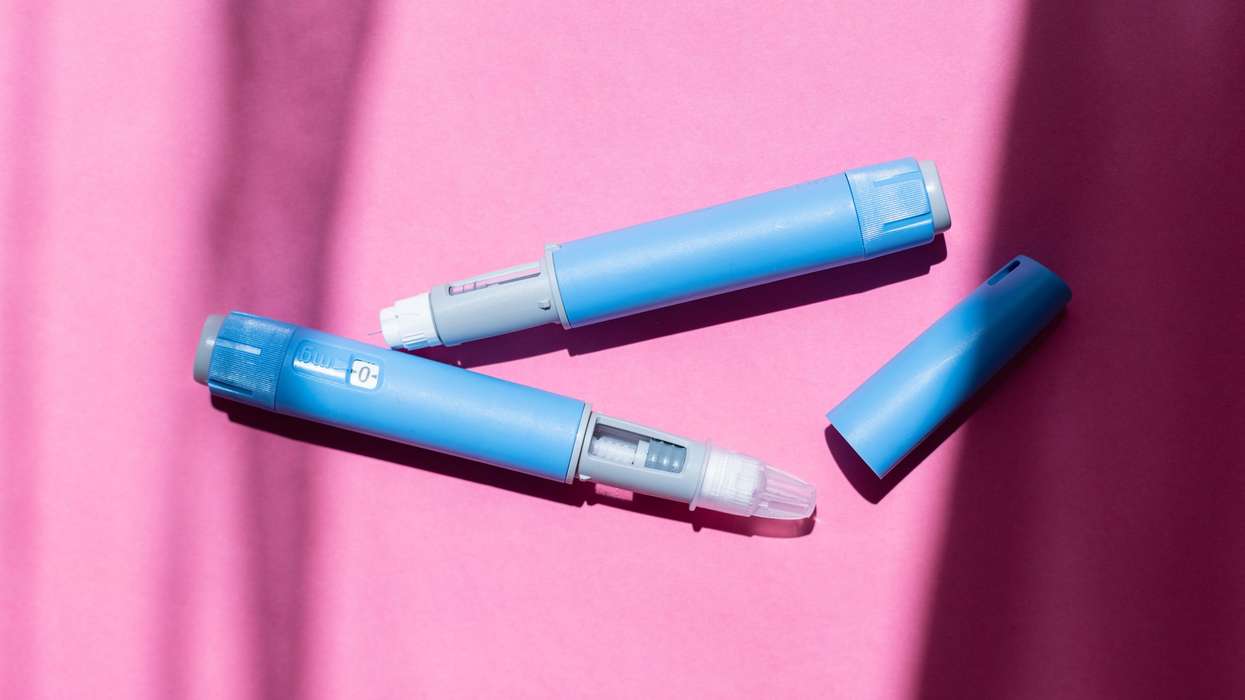Previously at odds with GPhC over facilitated self-selection of Pharmacy medicines, RPS urges comprehensive evidence amidst widening practice in pharmacies
In light of the recent change facilitated by the General Pharmaceutical Council (GPhC) to allow more pharmacies to adopt facilitated self-selection of Pharmacy (P) medicines, the Royal Pharmaceutical Society (RPS) has launched a call for evidence.
The pharmacy body has opened a consultation on facilitated self-selection of P-meds for submissions from July 12 to September 6, 2024.
They are seeking views and opinions from a diverse group, including pharmacists, pharmacy teams, patient representatives, employers, academics, think tanks, pharmacy bodies, regulators, and researchers.
The initiative stems from the RPS National Pharmacy Boards meeting in June, which scrutinised the Society’s current stance against self-selection, as outlined in the RPS guide "Medicines, Ethics and Practice."
The RPS is now seeking comprehensive evidence on the benefits and potential harms of this model, focusing on patient care and identifying any gaps that require further research.
RPS Chief Executive Officer, Paul Bennett commented, "Following changes brought by the GPhC focusing on an outcomes approach to standards, they have confirmed they no longer prohibit facilitated self-selection of P medicines.
"As a result, there are pharmacies that are now adopting a more flexible interpretation to providing this group of medicines.
"The GPhC have stated that sale and supply of a P medicine must still take place in a registered pharmacy premises under the supervision of a pharmacist, and that appropriate measures should be in place to ensure that supervision continues.
Bennett emphasised that the evidence collected will shape an RPS report aimed at re-evaluating their current position.
"As the professional body, we are committed to patient safety and the safe development of innovative practice to meet the needs of patients now and for the future.
"Please share the call for evidence with your networks," he added.
Insights from Community Pharmacist
"Once the genie is out of the bottle, standards will quickly erode due to a lack of effective policing," warned Gursaran Singh Matharu (Raj), Chief Executive Officer of Community Pharmacy South East London, about the impact of self-selection on patient safety and professional care.
He told Pharmacy Business that the decision to place P-medicines near the dispensary "is a strategic decision aimed at enhancing patient safety and ensuring pharmacists can oversee and intervene in conversations between staff and pharmacy users when necessary".
"This proximity allows pharmacists to monitor interactions, provide immediate advice, and address any potential issues swiftly, ensuring that patient care remains the top priority," Matharu explained.
He also noted that Integrated Care Boards (ICBs) are reviewing prescribing practices and the overuse of medicines to improve patient safety.
"Overprescribing not only poses a risk to patient health through potential side effects and drug interactions but also contributes to the alarming amount of medical waste, estimated to cost £300 million annually," he said.
Matharu pointed out that pharmacists are handling an increased number of queries from pharmacy users, a trend expected to continue as stricter prescribing practices are implemented.
"This additional workload could strain the capacity of pharmacists, who must balance their advisory role with their dispensing duties," he commented.
However, he emphasised that the system's design, which places pharmacists in a central, accessible location, helps mitigate some of this burden by facilitating efficient communication and intervention.
Furthermore, Matharu highlighted key issues facing the pharmacy sector.
He stated that "the current funding model for community pharmacies is inadequate, leading to staffing shortages, reduced services, and increased pressure on pharmacists, which compromises patient care."
He empahsised that the RPS should lead discussions on improving safety and working conditions for pharmacists.
"High workloads, long hours, and stress are causing burnout and errors, jeopardizing both pharmacist well-being and patient safety.
"The RPS must address how to make primary care delivery in community pharmacies safer and more manageable," he stated.












